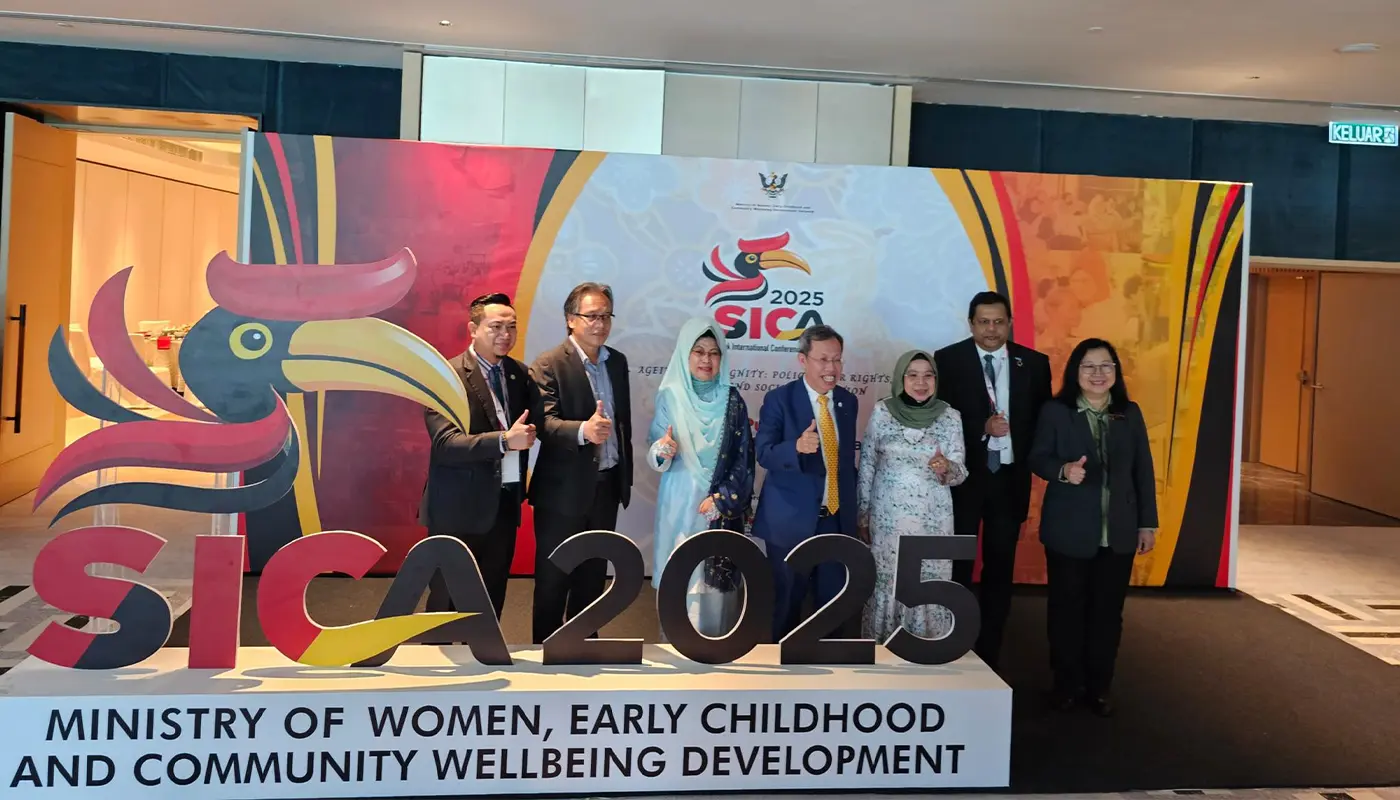KUCHING – The Sarawak government has formally inaugurated the Sarawak International Conference on Ageing (SICA) 2025, signalling a proactive approach to a significant demographic shift. The event was officially opened by the Premier of Sarawak, Datuk Patinggi Tan Sri Abang Johari Tun Openg.
Demographic experts highlight that while population ageing is a global phenomenon, its pace varies dramatically. Many developed nations experienced this transition gradually over a century or more.
In stark contrast, Malaysia, including Sarawak, is projected to undergo a similar transformation in just 25 to 30 years. This compressed timeframe presents unique and urgent challenges for policymakers.
In his keynote address, the Premier outlined a philosophical and practical framework for the state’s approach. He emphasised that the goal must extend beyond longevity to encompass quality of life.
He articulated a vision where “Not only live longer, but live BETTER” becomes the central tenet of ageing policy. This perspective reframes the entire issue, suggesting that “In Sarawak, Aging is not a challenge to be managed but a journey of life to be cherished and supported.”
Echoing the urgency of the situation, Associate Professor Dr. Rahimah Ibrahim, a keynote presenter at the conference, issued a stark warning. She stated that Malaysia has a narrow window of approximately a decade to implement effective strategies before facing severe systemic strains. Her analysis pointed to three critical areas requiring immediate attention to avert a future crisis.
The first area of concern is the impending health span crisis. This concept refers to the period of life spent in good health, free from chronic disease and disability. Policymakers are being urged to focus on extending healthy years, not just life expectancy.
Secondly, the state must prepare for a significant economic crisis in ageing. A rapidly ageing population can lead to a smaller workforce, increased pension liabilities, and changing consumption patterns. Developing a resilient silver economy and ensuring financial security for the elderly are becoming key priorities.
Finally, the existing healthcare system faces the risk of overload, if not outright collapse, if preventative measures are not scaled up. An increase in age-related illnesses, from dementia to mobility issues, could place an unsustainable burden on medical services and care providers.
The conference serves as a platform to discuss innovative care models and community-based support systems to mitigate this risk. The discussions at SICA 2025 are therefore seen as a critical first step in building a comprehensive and compassionate strategy for Sarawak’s future.






